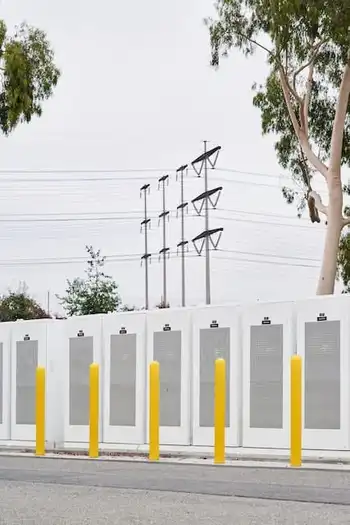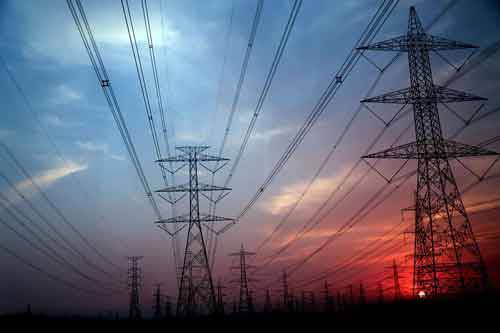Wal-Mart Canada turns down lights to save energy
The company announced that, for a fourth consecutive year, Wal-Mart is initiating its reduced summer lighting program in 270 of its 299 stores across Canada.
By reducing the consumption by one-third, the company, which has 1.75 million light bulbs chain wide is effectively turning off the equivalent of more than half a million light bulbs. The result is lower costs, less energy usage, reduced carbon emissions and in Ontario, less stress on our fragile power grid.
The reduced summer lighting program was piloted in Wal-Mart stores throughout Ontario in the summers of 2005 and 2006 in response to ongoing summer energy concerns following the massive blackout of 2004.
Since 2005, the company says it has been working towards three long-term sustainability goals globally and in Canada: to produce zero waste; to be powered 100 per cent by renewable energy; and to make more environmentally preferable products available to customers.
Other initiatives currently underway by the company to reduce electricity consumption include: changing its 1.75 million light bulbs chain wide to lower wattage bulbs, as replacements are needed; switching exterior signage to lower wattage LED lights; adding additional insulation to the roof of new and converted stores which led to reduced energy loss by 25 per cent last year.
Related News

France's nuclear power stations to limit energy output due to high river temperatures
PARIS - The high temperature warning has come early this year but will affect fewer nuclear power plants.
High temperatures could halve nuclear power production at plants along France's Rhone River this week.
Output restrictions are expected at two nuclear plants in eastern France due to high temperature forecasts, nuclear operator EDF said. It comes several days ahead of a similar warning that was made last year but will affect fewer plants.
The hot weather is likely to halve the available power supply from the 3.6 GW Bugey plant from 13 July and the 2.6 GW Saint Alban plant from 16 July, the…





